On May 2, 2023, the Writers Guild of America (WAG), an alliance of two labor unions that represents more than 11,000 writers around the US, decided to go on strike after six weeks of negotiation with the Alliance of Motion Picture and Television Producers (AMPTP), a body that represents Hollywood’s major studios and production companies. The strike is still going and the future is unclear. For years, writers have been neglected by the industry, and with the rise of streaming platforms and artificial intelligence, it doesn’t seem like their situation is going to improve, unless they take a stand. Here is everything you need to know.
Why did writers go on strike?
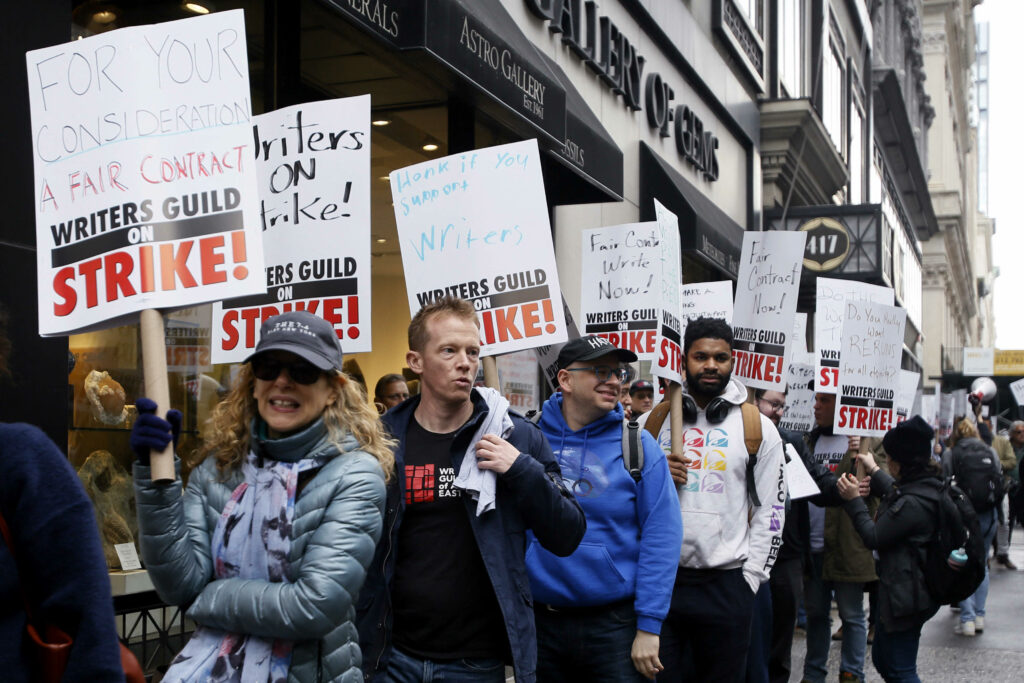
There are many reasons why the writers decided to call on a strike, but they are mainly demanding fair residuals, minimum pay for streaming, preservation of writer’s room and artificial intelligence regulations. Let’s take a look at them in detail:
Residuals
What are residuals you may ask? They refer to the money that writers, actors, directors, and others, receive from a studio, producer, or distributor, when a production they were part of is rerun, resold or reused. Residuals are calculated according to industry’s negotiated agreements and depend on several variables (such as membership, time spent on the production, type of production, etc.).
Now, writers are fighting for higher residual payments. Why? Because when a production is sold to a streaming platform, the company pays singled, fixed residuals for it. That means that writers get just one check, no matter whether the production gets 1,000 or 20,000,000 views. The platform earns a lot of money, while the people involved in the movie or series get very little.
Sean Gunn, the actor who played the beloved Kirk Gleason on Gilmore Girls, said, “I was on a television show called Gilmore Girls for a long time that has brought in massive profits for Netflix. It has been one of the most popular shows for a very long time, over a decade. It gets streamed over and over and over again, and I see almost none of the revenue that comes into that.”
But this wasn’t the case when broadcast TV ran the industry show…
Streaming platforms
To understand the issue with current streaming platforms, we first have to highlight that the industry’s landscape has drastically changed over the last 10 years. We now have broadcast shows and streaming shows. Broadcast shows are the ones we all grew up watching: they begin in September, run for 20 or 22 episodes, end in May, and have commercial breaks. Streaming shows have a different structure: they begin at any time of the year, they usually have around 8 episodes, and they do not have commercial breaks.
What does this mean? It means that streaming TV shows have shorter seasons, which results in less work and money for writers. What used to be a 40-week job is now a 20-week job. There used to be some kind of stability and longevity, but now, it is nonexistent.
In the 2007 strike, the WGA ensured that any production distributed online had to be covered by the guild’s Minimum Basic Agreement (MBA), which is the minimum wage members can be paid for their work. However, nowadays studios negotiate writer’s rate individually, instead of following the MBA, generating a huge pay gap between those who write for broadcast shows and those who write for streaming shows, even though the work is the same.
Another sticking point for writers are the so-called “mini rooms”, a practice that is now more commonly used with the expansion of streaming shows. Unlike a regular writer’s room, the mini-room model hires fewer writers and for a shorter period of time, which means that the brains behind the storyline are far less aware of what happens during the production process and don’t get the chance to make adjustments.
Artificial Intelligence (AI)
We know that AI is here to stay and that it keeps evolving day by day. But no one wants it to steal people’s jobs. Studios want machines to generate full scripts to reduce costs, and just pay writers a low rate to revise it. This is where the WGA comes in and demands a basic human involvement in the projects.
No machine can replace human work. And let’s be honest, no machine could have thought of a better ending for Breaking Bad (2008) than a human.
What shows are most affected by the strike?
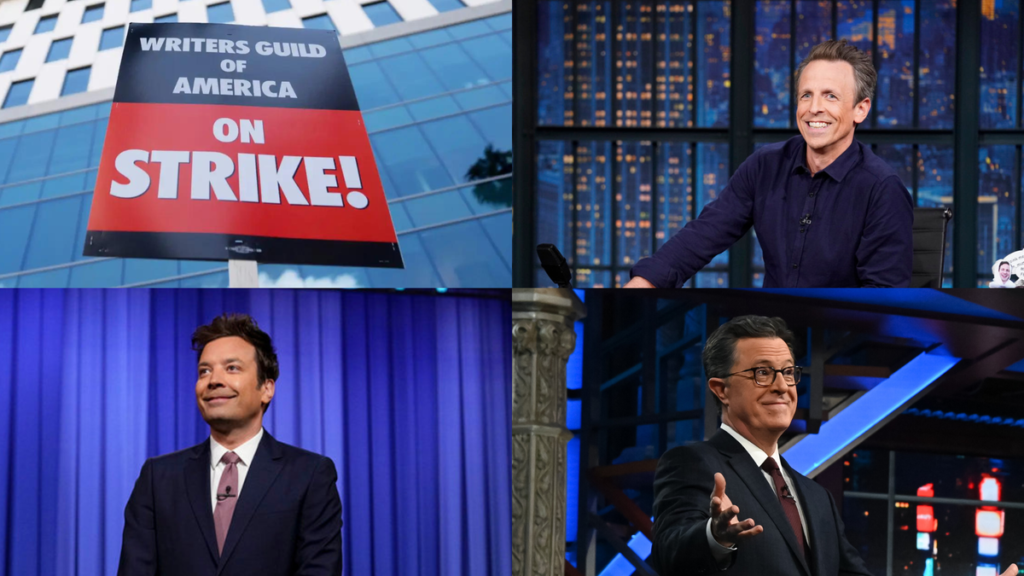
Even though we won’t see the big effects right away, the audience can already tell something has changed. There haven’t been new late-night show episodes in months, because their scripts are written very close to when the show is shot. Saturday Night Live, Jimmy Kimmel Live! and The Tonight Show Starring Jimmy Fallon, to name just a few, are repeating episodes on TV.
Some productions were already underway when the strike began, which means that series like Abbott Elementary, American Dad, Family Guy, Cobra Kai, The Rings of Power and House of the Dragon were put on hold until the WGA reached an agreement with the AMPTP.
Streaming services are the ones that will suffer less, since they produce with months in advance. They are not untouchable though, sooner or later they will too see the consequences of the strike. However, broadcast TV is really suffering the punches from left to right; their business works because of the ads being displayed on an one-hour block of programming. Those blocks can’t be empty, they require writing, and now, there is none of that.
If we want to see our favorite series, the big bosses will have to agree on higher wages, stable pay structure, fairer contracts and working conditions, and regulation regarding artificial intelligence. Seems fair, don’t you think?
Stars join the gang
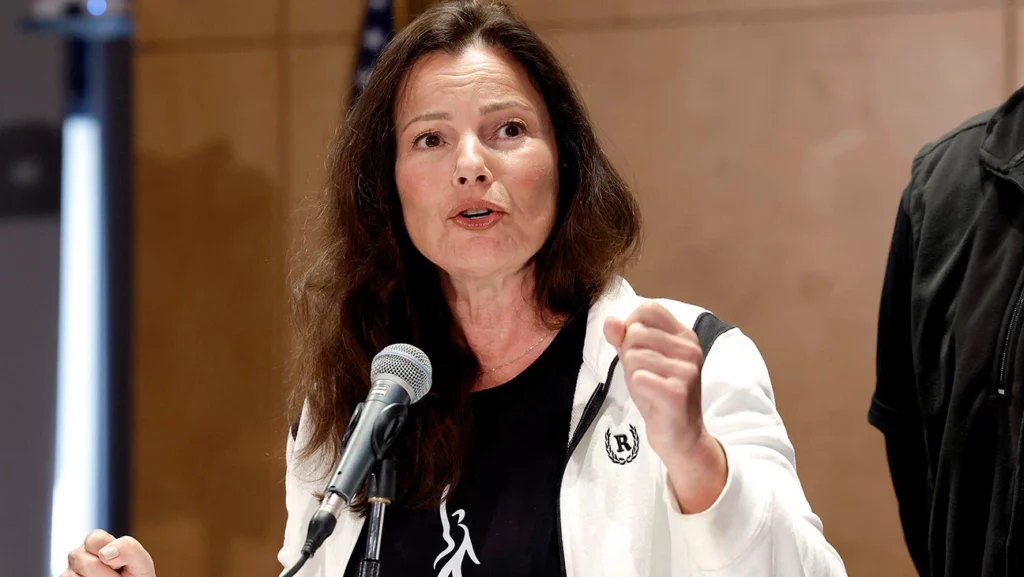
The SAG-AFTRA (Screen Actors Guild – American Federation of Television and Radio Artists), Hollywood’s largest union, announced at a press conference on July 13th that they were going to join the writers on their strike after its board unanimously authorized the walkout. The WGA and SAG have not been on strike together since 1960. Yep, that’s right, 63 years ago. This puts a halt on many productions across the world, which were already delayed due to the ongoing writer’s strike. The effects of this might not be immediate for viewers, but they will definitely see it in the upcoming months.
SAG-AFTRA president Fran Drescher, mostly known for her main role in The Nanny, said at the conference: “I cannot believe it, quite frankly, how far apart we are on so many things. It is disgusting. Shame on them. They stand on the wrong side of history. (…) You cannot change the business model as much as it has changed and not expect the contract to change too. We’re not going to keep doing incremental changes on a contract that no longer honors what is happening right now with this business model that was foisted upon us. What are we doing… moving around furniture on the Titanic? It’s crazy.”
Final thoughts
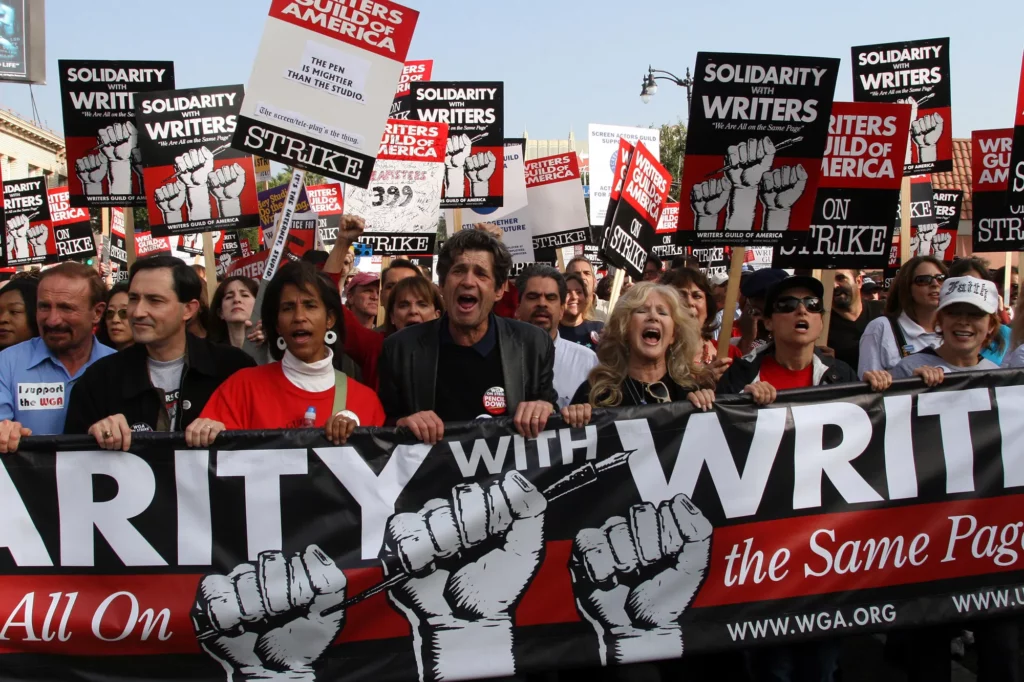
As a society, it is not news to hear that a union asks for better labor conditions and a fair pay. And this case is no different. Last year alone, streaming platforms earned around 30.3 billion US dollars, 17% higher than the previous year. Writers’ demands are existential, so their fight is likely to continue for quite some time. Studios have to realize that “they stand on the wrong side of history”, as Drescher said. They have to treat their workers with respect, and to do so, they have to pay them what they deserve.
What are your thoughts on this strike, MyFamilier? Do you think they will reach an agreement any time soon? Let us know in the comments! We love hearing your opinion.





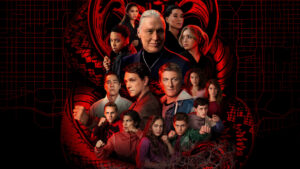

We provide swift and reliable attestation to meet all your legal requirements seamlessly.
Traditional test that only look at one person’s score are less accurate, take longer, and cost more
Based on the magazine imprint of the same name, these productions include well-known characters like The Joker and The Batman in parallel stories that are not connected to the DC Universe.
It should come as no surprise to members of society when they learn that a union is advocating for improved working conditions and a more equitable wage. And this particular instance is not an exception.
This halts numerous works that were already postponed due to the ongoing writer’s strike. Viewers may not see the impacts right away, but they will undoubtedly notice them in the coming months.